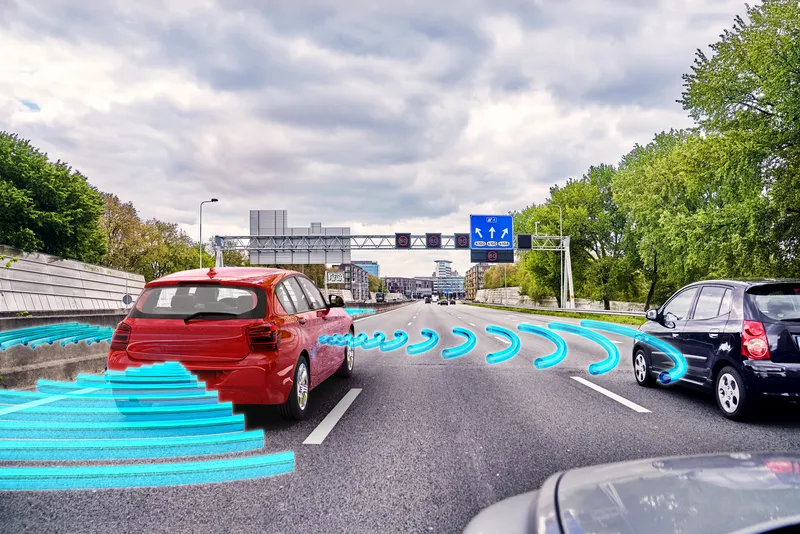A key European project to facilitate the wide scale deployment of electro-mobility in the road transport sector has just been launched. The three-year NeMo project, supported by the EU’s Horizon 2020 Programme, aims to make electro-mobility more attractive by tackling the key barriers and drawbacks currently associated with electric vehicles.
The NeMo (Hyper Network for electro-Mobility) project directly addresses the changes needed to reduce the dependence of road transport on fossil fuels, to improve a
October 4, 2016
Read time: 2 mins
A key European project to facilitate the wide scale deployment of electro-mobility in the road transport sector has just been launched. The three-year 8544 NeMo project, supported by the EU’s Horizon 2020 Programme, aims to make electro-mobility more attractive by tackling the key barriers and drawbacks currently associated with electric vehicles.
The NeMo (Hyper Network for electro-Mobility) project directly addresses the changes needed to reduce the dependence of road transport on fossil fuels, to improve air quality and to reduce greenhouse gas emissions and the concerns around electric vehicle range and recharging that prevent their adoption. It supports European and national policies in favour of clean fuels in the transport sector, including the EU’s Clean Power directive, which also embodies the deployment of an alternative fuels infrastructure, including infrastructure to recharge or otherwise assist electric vehicles (EVs).
NeMo brings together 19 partners from eight European countries to build a hyper-network of tools, models and services to provide seamless interoperability of electro-mobility services among all relevant parties. This network will focus on energy management, security and availability and reducing digital and physical barriers.
The project will develop a distributed environment with open architecture based on standardised interfaces, enabling participants to connect and interact seamlessly, in order to exchange data and to provide improved ICT services via an open virtual cloud marketplace.
The NeMo (Hyper Network for electro-Mobility) project directly addresses the changes needed to reduce the dependence of road transport on fossil fuels, to improve air quality and to reduce greenhouse gas emissions and the concerns around electric vehicle range and recharging that prevent their adoption. It supports European and national policies in favour of clean fuels in the transport sector, including the EU’s Clean Power directive, which also embodies the deployment of an alternative fuels infrastructure, including infrastructure to recharge or otherwise assist electric vehicles (EVs).
NeMo brings together 19 partners from eight European countries to build a hyper-network of tools, models and services to provide seamless interoperability of electro-mobility services among all relevant parties. This network will focus on energy management, security and availability and reducing digital and physical barriers.
The project will develop a distributed environment with open architecture based on standardised interfaces, enabling participants to connect and interact seamlessly, in order to exchange data and to provide improved ICT services via an open virtual cloud marketplace.








